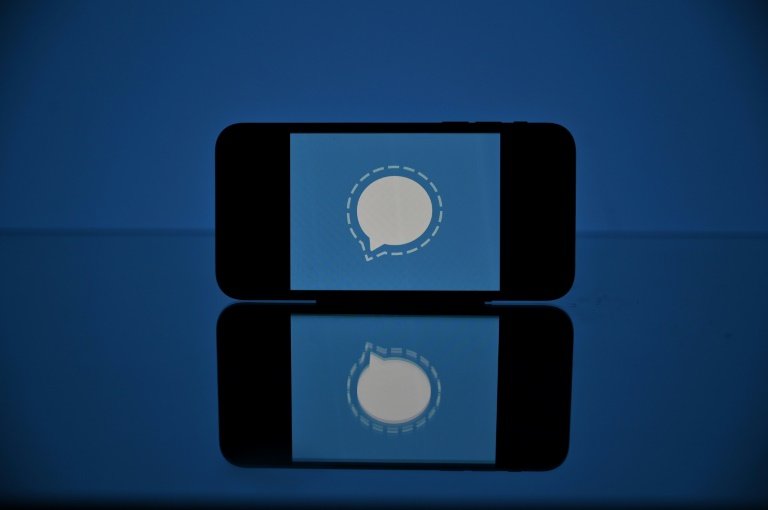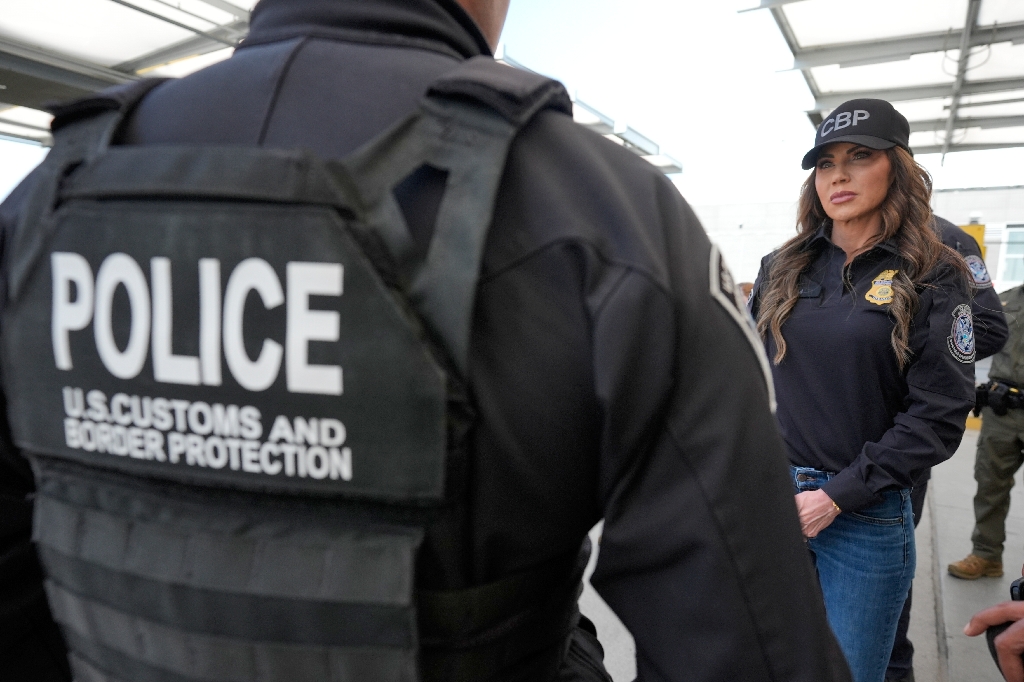(AFP) – President Emmanuel Macron will use his “unique” relationship with Donald Trump to get the US leader to include Europeans in any settlement of the Ukraine war, French officials said ahead of his trip to Washington Monday. Macron will head to the White House on the third anniversary of Russia’s invasion of Ukraine and is expected to urge Trump to consider the safety of America’s allies as the US president makes increasingly friendly overtures to Russian President Vladimir Putin. UK Prime Minister Keir Starmer follows later in the week. In a post to X before flying to Washington, Macron said Sunday that European leaders are “committed to ensuring that peace returns to Ukraine in a just, solid, and lasting manner, and that the security of Europeans is strengthened through all upcoming negotiations.”
Trump sent shock waves around Europe when he declared his readiness to resume diplomacy with Putin and end the Russia-Ukraine war without the involvement of European nations and Ukraine. He has appeared to parrot Russian talking points about Ukraine’s supposed responsibility in starting the war. Macron last week tried to coordinate a response to Washington’s shock policy shift, hosting two meetings with key leaders. Russia is “an existential threat to Europeans,” he said at the time. In his post on X, Macron said he had recently spoken to Starmer, European Commission head Ursula von der Leyen, German Chancellor Olaf Scholz, Hungarian Prime Minister Viktor Orban, and Turkish President Recep Tayyip Erdogan.
As he goes into the Trump meeting, Macron enjoys an advantage over other leaders in that “he has formed a unique relationship” with the US president, French officials told AFP. “I’m going to tell him: ‘You can’t be weak with President Putin. That’s not who you are, it’s not your trademark, it’s not in your interest,'” Macron said in an online question and answer session Thursday.
“Macron has enough experience to adopt the right attitude,” said Celia Belin, a US specialist at the European Council on Foreign Relations (ECFR) think tank. But, she cautioned, “there is no guarantee that it will work.” Macron and Trump both started their first presidential terms in 2017 and kicked off their relationship with a mix of charm offensives and mutual backslapping. However, the bromance approach did not work out as planned for Macron, who failed to persuade Trump to stay in the Paris climate agreement and the international deal with Iran to limit its nuclear programme.
However, despite occasional barbs aimed at the French president, Trump attended the reopening of the Notre-Dame cathedral in December, and they have talked by telephone regularly since. Macron “spoiled” Trump a few times, said Belin, “received him in style, honoured him, and that counts for something.”
While Macron has lost influence domestically since he dissolved parliament and called elections last year, “he still carries a certain weight on the international scene,” said Paul Taylor, senior fellow at the European Policy Centre think tank. “Especially in defence matters because he is still commander-in-chief of the armed forces,” he said. Macron is also supported by most European leaders on his Washington mission, despite deep differences within the EU on the question of sending peacekeepers to Ukraine to guarantee any future deal.
The French president will feel confident about promising Trump greater European efforts to ensure their own defence, the French presidency said. At the same time, he will urge him to continue supporting Ukraine, “supply the necessary military support, and respect its sovereignty.” It remains to be seen whether the message gets through, say analysts. Trump failed to mention Ukraine’s territorial integrity as part of his efforts to end the conflict and flatly stated that France and Britain “haven’t done anything” to end the war.
Whatever the outcome, the tone of the Washington talks is likely to be robust and “totally without a filter,” said one source close to the French presidency.
– Valérie LEROUX
© 2024 AFP




